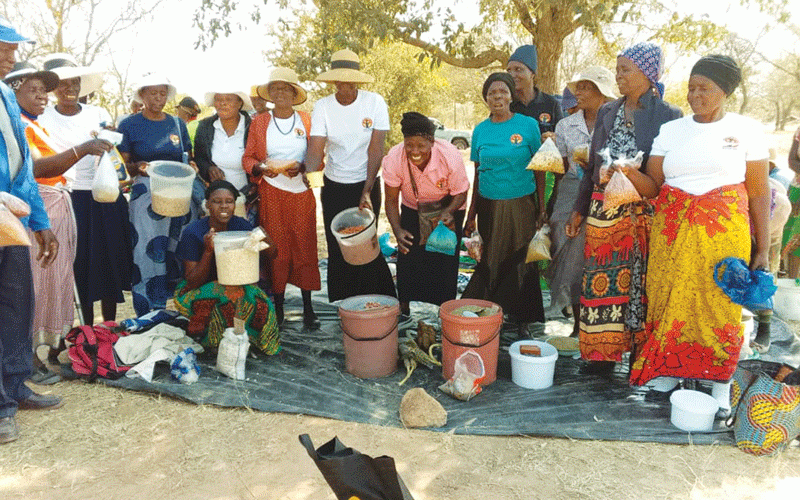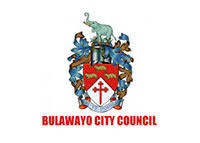CIVIL society organisations (CSOs) have bemoaned the continued exclusion of women living with HIV and disabilities in key decision-making areas despite Zimbabwe aiming to optimise women development.
The concern comes at a time when many women living with HIV struggle with stigma and exclusion, aggravated by deprivation of rights, according to UN Women.
Women with disabilities have not been spared as they equally face the brunt of stigma and exclusion in key decision-making areas.
Speaking on the sidelines of the launch of the Mental Well-being and Selfcare toolkit by the Women's Coalition of Zimbabwe in partnership with UN Women, Pan African Positive Women's Coalition–Zimbabwe director Tendai Westerhof, however, applauded government and CSOs efforts to ensure the inclusion of women in all their diversities.
“We see this as positive progress though we feel that women have the skills and the technical knowhow to navigate other spaces where there are inequalities and exclusion.
“As a sub-population of people living with HIV and as women with unique needs, it is important that we are involved with leadership at every level in the different spheres as they are also contributing to the development of the country,” she said.
Keep Reading
- Village Rhapsody: Marry Mubaiwa abuse: A stain on our conscience
- Village Rhapsody: Marry Mubaiwa abuse: A stain on our conscience
- Why newly-licensed radio stations face bleak future
- Why newly-licensed radio stations face bleak future
Westerhof said HIV was still feminised with women doing the work in the community.
“It is very key that they are also empowered so that they can be in decision-making spaces, so that they do not have any fear to participate as what their desires could be,” she said.
Whispers programmes officer and gender activist Tendai Chatikobo said CSOs in Zimbabwe were conducting workshops on training of the trainer on ending violence against women in politics.
“One of the things we've realised is that women that are involved in electoral processes are actually not okay mentally. This is because they are facing various issues.
“We look at women that are living with HIV. The minute they come out there to try and participate in electoral processes they are facing a lot of stigma,” she said.
Chatikobo said women were being shunned because of their status and were being bullied online, offline resulting in them shying away from these processes.
“This is not only affecting women with HIV. It is affecting women with disability. It is affecting women with care burdens and affecting women from different backgrounds in various communities,” she said.





